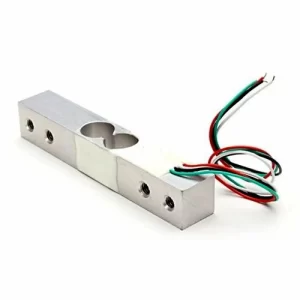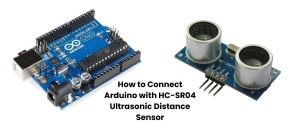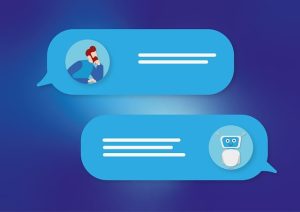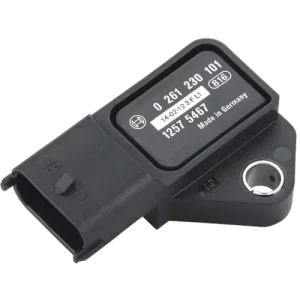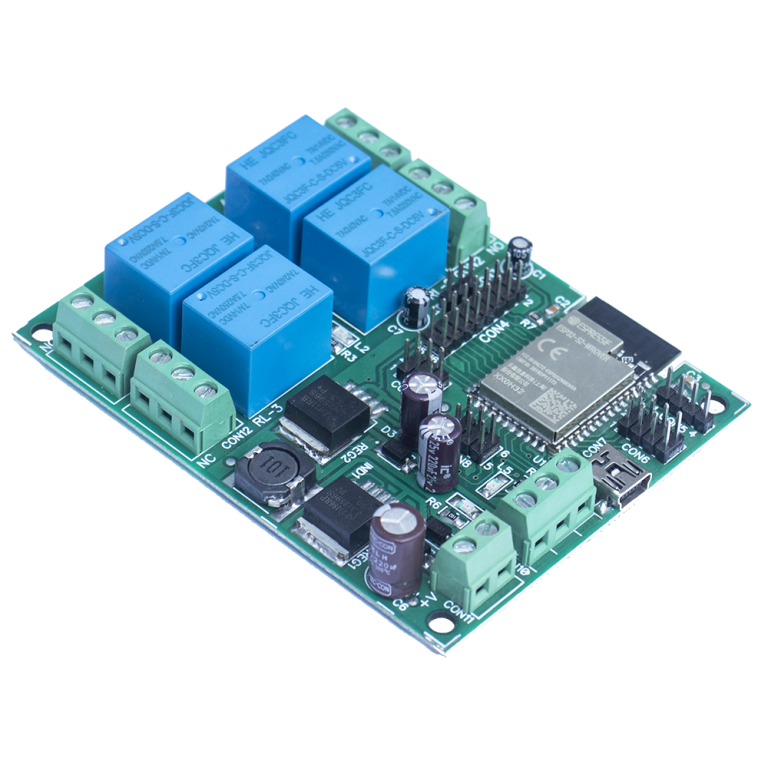Unveiling the Best Resources for Mastering Advanced Arduino Programming
Exploring Top-notch Resources for Advanced Arduino Programming
1. Online Courses
Embarking on the journey of advanced Arduino programming can be greatly facilitated by online courses. Among the cream of the crop are:
a. “An Introduction to Programming the Internet of Things (IoT) Specialization” on Coursera
b. “Arduino Programming and Hardware Fundamentals with Hackster” on Udemy
c. “Arduino Step by Step: Your Complete Guide” on Udemy
2. Websites
A plethora of websites offer tutorials and projects for Arduino programming. Standout sites include:
a. All3DP
b. Hackster.io
c. Gitconnected
3. Forums
Diving into Arduino forums can unlock a treasure trove of advanced programming techniques. Key platforms include the official Arduino forum, along with other dedicated discussion boards.
Navigating the Bookshelf for In-Depth Knowledge
Delving into books can provide a comprehensive understanding of advanced Arduino programming. Here are some top picks:
1. “Advanced Programming for Arduino Geeks” by Simon Monk
This comprehensive guide delves into advanced topics such as interrupts, timers, and advanced debugging techniques.
2. “Arduino Cookbook” by Michael Margolis
A collection of recipes tackling common Arduino programming problems, covering sensors, displays, and communication protocols.
3. “Exploring Arduino: Tools and Techniques for Engineering Wizardry” by Jeremy Blum
A hands-on guide to advanced Arduino programming, exploring wireless communication, advanced sensors, and robotics.
4. “Programming Arduino Next Steps: Going Further with Sketches” by Simon Monk
This guide unlocks advanced programming techniques, covering memory management, communication protocols, and real-time operating systems.
Confronting Challenges in Advanced Arduino Programming
1. Complex Interactions
As projects grow in complexity, deciphering intricate code interactions becomes a challenge, especially in team settings.
2. Physical Hardware Integration
The integration of physical hardware presents challenges in testing, debugging, and ensuring optimal functionality.
3. Memory Management
Efficient memory management becomes crucial for optimal performance as programs become more intricate.
4. Advanced Sensors and Communication Protocols
Navigating the intricacies of advanced sensors and communication protocols demands precision in calibration and data processing.
5. Real-time Operating Systems
Implementing real-time operating systems on Arduino for advanced applications requires precise timing and multitasking capabilities.
6. Voltage Dividers and Analog Challenges
Dealing with voltage dividers, analog challenges, and pin register intricacies poses additional hurdles.
Overcoming Challenges in Advanced Arduino Programming
To conquer these challenges, programmers must possess a robust understanding of C programming, electronics, and the specific hardware at hand. Additionally, adopting a systematic problem-solving approach and grasping advanced programming concepts is essential.
In conclusion, mastering advanced Arduino programming involves a strategic selection of resources, diligent learning, and a comprehensive approach to overcoming challenges.
You may also like:
How can Arduino be used for motor control and robotics?(Opens in a new browser tab)
What are the key features of Arduino boards?(Opens in a new browser tab)
How can Arduino be used for machine learning and AI applications?(Opens in a new browser tab)
What are the best practices for designing and prototyping Arduino projects?



